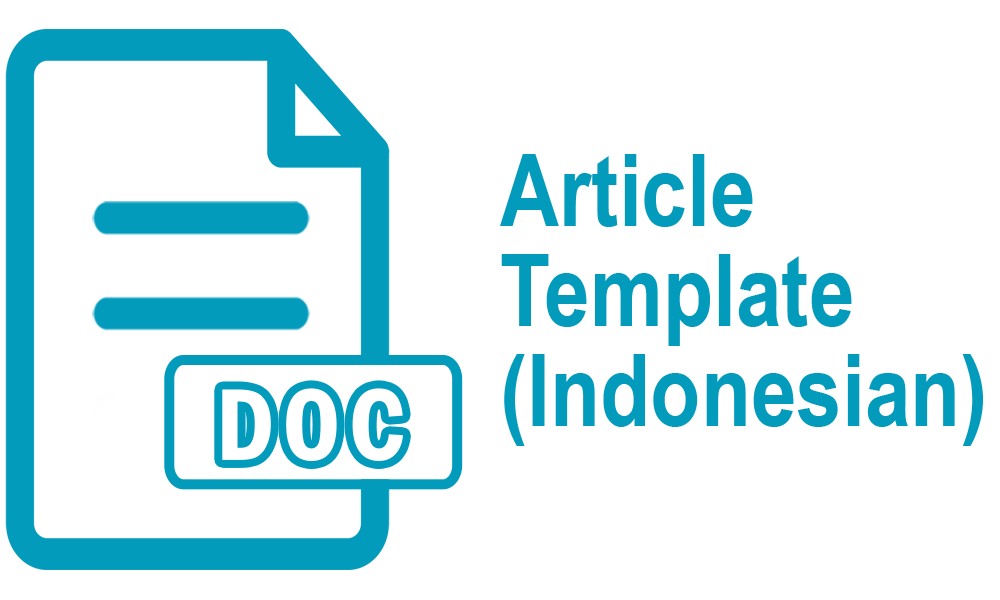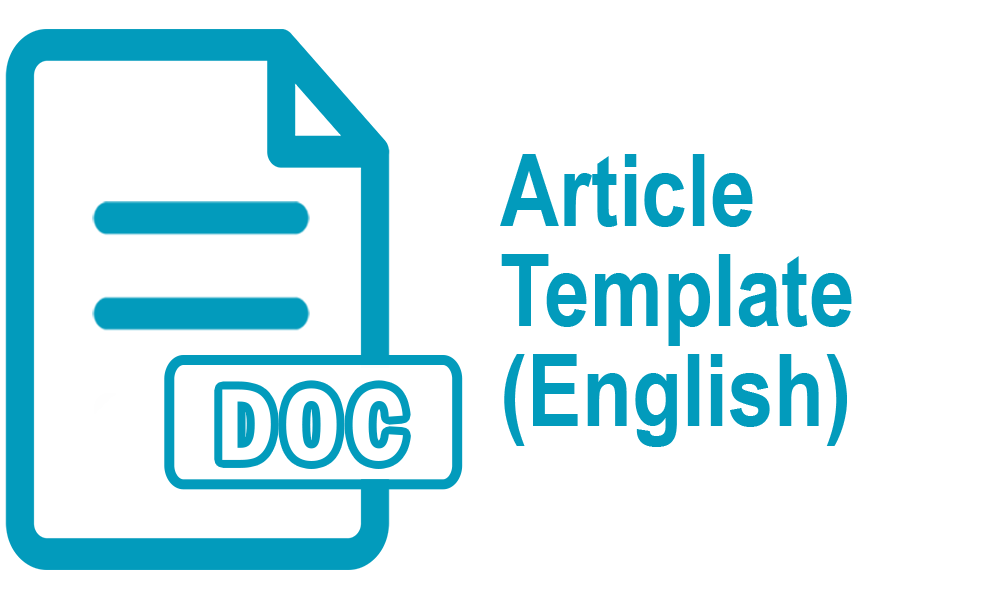DECONSTRUCTING THE MAIN CHARACTERS IN KHALED HOSSEINI’S THE KITE RUNNER NOVEL
Abstract
This paper discussed the deconstruction of the fixed meaning of the main characters in Khaled Hosseini’s The Kite Runner novel named Amir and Hassan. The purposes of this thesis are to determine how the fixed meaning of Amir and Hassan’s characters is described in the novel and to comprehend how Derrida’s deconstruction theory may help us to find a new meaning of Amir and Hassan’s characters. The research used a descriptive qualitative method and deconstruction approach. Further, the theories that are used in this analysis are the theories of deconstruction from Jacques Derrida and Boggs and Petrie’s theory of characterization. The results of this thesis showed that there are three characteristics of each character that has the opposite meaning. Firstly, Amir’s character was described as someone who has the character of selfish, superior, and coward. But after analyzing deeply, Amir’s character also has the opposite side of his characters, they are: selfless, inferior, and also brave character. Meanwhile, Hassan was described as an uneducated, brave, and good character, but he also has the opposite character. The new meaning of Hassan was described as educated, coward, and bad character.
Keywords
Full Text:
PDF (Bahasa Inggris)References
Akhter, Javed. “Waiting for Godot: A Deconstructive Study.” International Journal of Humanities and Culture Studies, vol. 2, no. 5, 2015, pp. 42-63, www.ijrssh.com. Accessed 10 Jan. 2019.
Babalola, Oginni, et al. “A Study of Superior-Subordinate Relationship and Employees’ Commitment to the Core Beliefs of Organisation in Public Universities of Southwest, Nigeria.” American Journal of Business and Management, vol. 3, no. 1, 2014, pp. 28-28, doi: 10.11634/216796061403520. Accessed 22 May 2020.
Boggs, Joseph M. Petrie, Dennis W. The Art of Watching Films. 7th ed., McGraw-Hill, 2008.
“Bravery”. The Positivity Project, 2016, www.wcpss.net/cms/lib/NC01911451/Centricity/Domain/1069/Bravery%20Character%20Card.pdf. Accessed 18 May 2020.
Derrida, Jacques. Of Grammatology. Translated by Gayatri Chakravorty Spivak, The Johns Hopkins University Press, 1976.
Dobie, Ann B. Theory into Practice: An Introduction to Literary Criticism. 3rd ed., Wadsworth Cengage Learning, 2011.
E. M. Forster. ASPECT OF THE NOVEL. 1st electronic ed., RosettaBooks LLC, 2002.
Eagleton, Terry. Literary Theory An Introduction. USA: University of Minnesota Press, 1983. Print.
Gbenoba, Felix E., and Okoroegbe, Fidelis N. Literary Theory and Criticism. National Open University of Nigeria, 2014. Project University of Nigeria, nou.edu.ng/sites/default/files/2018-03/ENG415%20LIT.%20THEORY%20AND%20CRITICISM.pdf. Accessed 20 Feb. 2019.
Hosseini, Khaled. The Kite Runner. Bloomsbury Publishing Plc, 2018.
Laine, Nina. Trust in Superior-Subordinate Relationship: An empirical study in the context of learning. University of Tampere, Finland, 2008. Accessed 19 May 2020.
Nweke, Victor. “UNEDUCATED-LITERATES AS A CHALLENGE TO HUMANITY: AN IMPERATIVE FOR A COMPLEMENTARY PHILOSOPHY OF EDUCATION.” CONTEMPORARY JOURNAL OF ARTS AND SCIENCE, vol. 1, no. 1, 2015, pp. 175-182, www.researchgate.net/publication/319016563_UNEDUCATED-LITERATES_AS_A_CHALLENGE_TO_HUMANITY_AN_IMPERATIVE_FOR_A_COMPLEMENTARY_PHILOSOPHY_OF_EDUCATION. Accessed 22 May 2020.
Peter, R.S. The Philosophy of Education. Oxford University Press, 1973. www.researchgate.net/publication/305170796_R_S_Peters_1919-2011. Accessed 20 Sept. 2019.
Pividori, Cristina. “Resisting the Hero’s Tale: The Trope of the Cowardly Soldier in the Literature of the Great War.” Nordic Journal of English Studies, vol. 13, no. 4, 2014, pp. 111-131. DOI:112-113.10.35360/njes.335. Accessed 06 Mar. 2020.
Ruiz, Monica G. Can we transform the “bad” ones into “good”? Basic Concepts in Human Interaction, Relations and Groups, University of Valencia, 2015. www.researchgate.net/publication/297717521_Can_we_transform_the_bad_ones_into_good. Accessed 22 May 2020.
Smith, Kyle D. “What Defines the Good Person? Cross-Cultural Comparisons of Experts’ Models With Lay Prototypes.” Journal of Cross-cultural Psychology, vol. 38, no. 3, 2007, pp. 333-360, www.researchgate.net/publication/247723843_What_Defines_the_Good_Person_CrossCultural_Comparisons_of_Experts'_Models_With_Lay_Prototypes. Accessed 22 May 2020.
Tame, Chris R. “THE IMPORTANCE OF SELFISHNESS, THE DANGEROUS OF ALTRUISM.” Libertarian Alliance; Max More, London, 1986, www.libertarian.co.uk/lapubs/philn/philn004. Accessed 21 May 2020.
Wellek, Rene and Warren Austin. Theory of Literature. New York: Harcourt, Brace & Co., 1949. Print.
Zamp, Paul K. “Integrity and Selflessness.” Thesis. M.A. Communication Art/Philosophy Faculty of Society and Design, Bond University, 2017. Accessed 18 March 2020.
DOI: http://dx.doi.org/10.30872/jbssb.v6i2.5775
Refbacks
- There are currently no refbacks.
Copyright (c) 2022 Nurul Azizah, Singgih Daru Kuncara, Nita Maya Valiantien
Editorial address:
Fakultas Ilmu Budaya, Universitas Mulawarman
Jl. Ki Hajar Dewantara, Gunung Kelua, Kec. Samarinda Ulu, Kota Samarinda, Kalimantan Timur, Indonesia 75123
Email: jurnalilmubudaya.fibunmul@gmail.com
Website: http://e-journals.unmul.ac.id/index.php/JBSSB
Ilmu Budaya: Jurnal Bahasa, Sastra, Seni, dan Budaya is licensed under a Creative Commons Attribution-ShareAlike 4.0 International License






